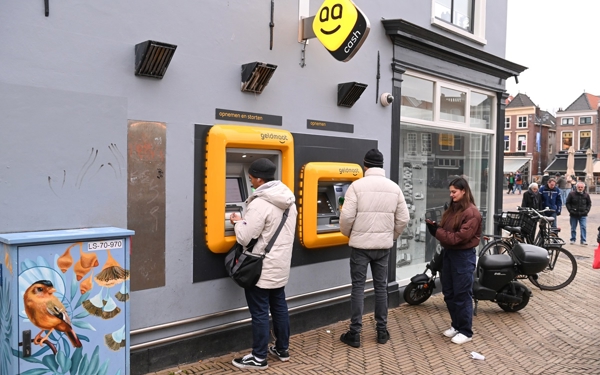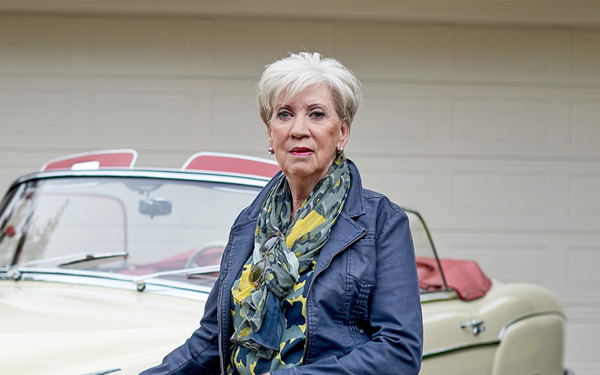So there is room for improvement, particularly in the area of awareness of the existence of the deposit guarantee and the characteristics of the coverage, such as its scope (is my money in the bank protected?), its level (up to what amount?) and the time it takes for consumers to get their money back after their bank has failed.
The awareness of deposit guarantee in the Netherlands is comparable to other Western countries such as Canada, Finland and France. At the same time, practice in some other countries also shows that improvement is possible. For example, the Bank of England managed to raise awareness of the UK deposit guarantee (FSCS) from 60% to 76% within five years. International research shows that it is important to ensure that at least 65% of the public are generally aware of deposit guarantees.
Lower awareness among young people and women
The periodic survey shows that there are substantial differences in the level of awareness of deposit guarantee between different groups in the Netherlands. Older people are better aware of deposit guarantee. And within all age groups, awareness among men is higher than among women. As a result, the share of older men (77%) that is aware of deposit guarantee is twice as large as that of young women (34%). In addition, education level is also a distinguishing factor. Among less educated people, 39% are generally aware of deposit guarantee. Among higher educated people, this increases to 73%. The differences between groups prompt a customised approach to raising awareness.




